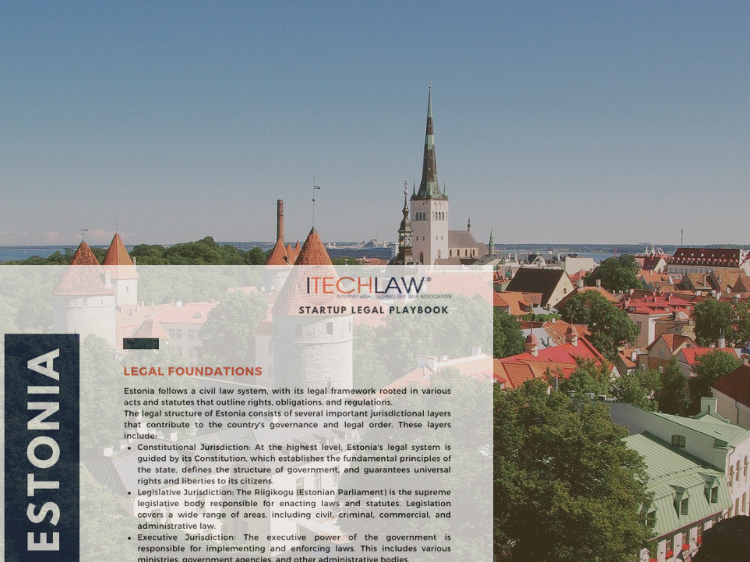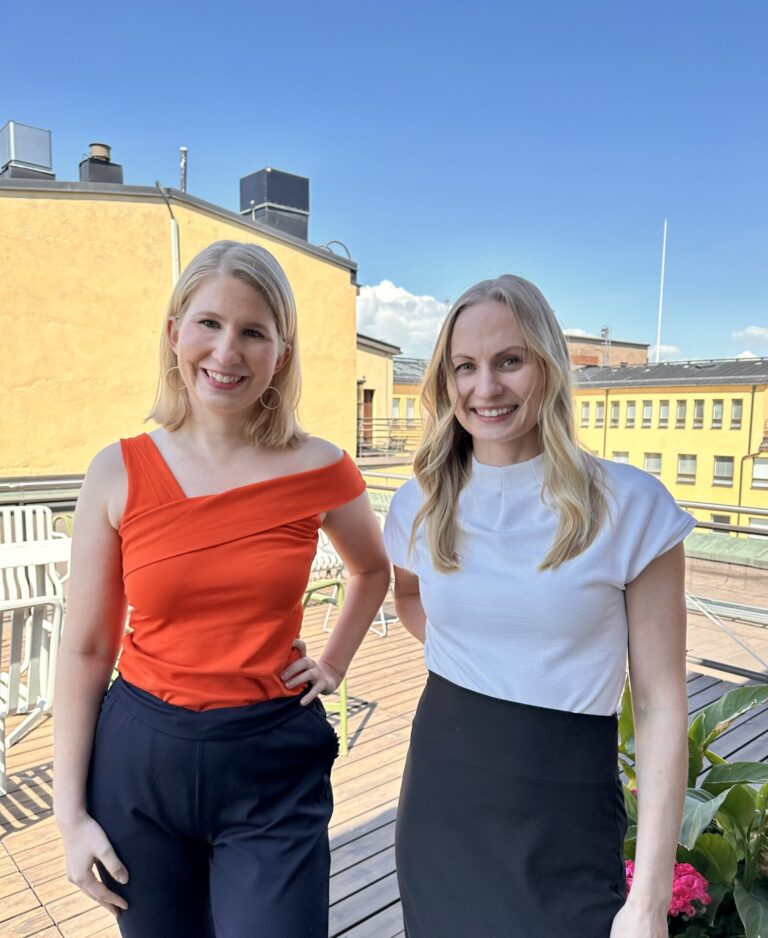
While the effects of the Covid-19 crisis are likely to halt or delay a number of ongoing M&A transactions, buyers and sellers are continuing to push ahead on others. In deals currently being negotiated, the issue of who should bear the burden of Covid-19 related adverse effects has become a key negotiation parameter.
This insight from Magnusson’s cross-border Nordic-Baltic M&A team looks at some of the Covid-19 related issues in ongoing M&A transactions, including force majeure, MAC clauses, split signing and closing and earn outs
- (Force majeure) If you have a signed term sheet setting out an expected timetable, will a delay be a force majeure situation allowing the delayed party to keep the term sheet in force while the force majeure situation is resolved? Often term sheets (including memoranda of understanding, letters of intent etc.) do not establish legally binding obligations on the parties, and as such the parties can walk away from a transaction without liability. However, term sheets may contain legally binding obligations such as break fees (a fee payable by a party that discontinues the M&A process) and in such instances it will be relevant to look at such obligations from a force majeure perspective. Having long been forgotten in M&A transactions (nowadays most international M&A contracts do not include a force majeure provision) you may need to “dust off” force majeure in order to cater for the unexpected.
- (Purchase price) For sellers, the principle entitlement is often receipt of the purchase price, in the form of cash for instance or shares in the acquirer. As liquidity is expected to become tighter for many businesses in the coming days, weeks and months, sellers should ask buyers to confirm the availability of funds for settlement of the purchase price. This also includes cases where the buyer is a listed company and expect to raise capital for the transaction on the stock market. In transactions based solely on payment in shares in the buyer (especially listed shares), the current volatility facing stock markets globally will have a huge impact on such deals. If for instance the payment is a fixed number of shares this will likely result in a much lower purchase price as stock markets continue to slide, whereas if the buyer needs to deliver shares of a certain value, the sellers’ shareholding in the buyer will likely dramatically increase. The seller should also consider requesting equity and debt commitment letters in order to safeguard the buyer’s payment obligations.
- (MAC and related clauses) “Material adverse change” (MAC) clauses are often heavily negotiated, but rarely enforced. This may change during the Covid-19 era, as many businesses are indeed facing situations that could be considered a material adverse change. One issue is whether an already agreed MAC clause can be enforced, for instance if a deal has been signed but closing is pending. In some MAC clauses, the occurrence of a MAC event is tied to whether a MAC circumstance has greater impact on a target than on its industry peers, and such MAC clauses will likely be harder to enforce than MAC provisions without a “peer” reference, especially as the burden of proof lies with the buyer. Another MAC related issue is the negotiation of MAC-related warranties (for instance that a target has not experienced a MAC situation since the last accounting reference period). In these situations, the seller should take care to include the reference to “industry peers” in order to exclude the buyer from being able to claim indemnification for a breach of a MAC clause. Additionally, sellers’ warranties are also likely to reflect that neither the target nor its contracting parties are in breach of provisions of material contracts. Obviously, such warranties should also be considered from a Covid-19 perspective, as in such times it is more likely that a party will be in breach of contractual obligations such as payments, delivery dates, among others. Parties will therefore need to pay close attention to the drafting and enforcement of MAC and related clauses in the coming months. (For more information on MAC clauses in Sweden, see our recent article here.)
- (Split signing/ closing) In M&A transactions with a split “signing and closing” process, seller warranties are often given at signing and repeated at closing. If you are already at the stage between signing and closing and your transaction documents include such a split process, it is likely that Covid-19 will result in the warranties being breached when the time for closing arrives. Sellers should consider whether the adverse financial impact of a set of breached warranties can be mitigated (including with reference to force majeure). Buyers on the other hand will need to review whether it is possible and/ or advisable to enforce breached warranties to improve the financials of the transaction since sellers often cannot (absent a MAC related condition precedent provision) walk away from the deal, now for a business with a likely much worse than expected future financial performance. The parties should also consider warranty and indemnity insurance coverage during these uncertain and challenging times.
- (Earn-outs) Earn out clauses govern any additional payments to the seller based on the future performance of the target. Earn-out issues may come in two forms: (i) already agreed earn-outs; or (ii) using earn-out as a mechanism to bridge a pricing gap arising in the wake of Covid-19. For existing earn-outs, many sellers are likely to take a hit as businesses are likely to be reporting poorer financial performance during the earn-out reference period than anticipated when the earn-out was agreed. Sellers are likely to be left looking at the earn-out terms and conditions to see if force majeure-like or “one-off adverse issue” provisions have been agreed. If you are using an earn-out mechanism as a tool to bridge a pricing gap instead, the terms and conditions should be carefully negotiated with due consideration of the “uncertainty” factor, as no one is able to predict the extent and duration that Covid-19 will impact the financial performance of businesses.
- (Long stop dates) Long stop dates for the fulfilment of agreed conditions precedent (that is, when the buyer can walk away if the conditions agreed for the transaction have not been achieved) should be carefully considered, especially if they are tied to any regulatory approvals for the transaction to proceed (for instance in financial sector deals subject to FSA approval or in the case of EU merger control applications). The public sector in most European countries has been heavily affected by Covid-19 and case handing periods much longer than usual are likely to be the order of the day. Consequently, when agreeing to long stop dates, you should factor in case handling delays stemming from Covid-19.
Magnusson has established a cross-border, multi-disciplinary Covid-19 Response Team that is ready to advise clients on Covid-19 related issues in the Nordic-Baltic region. Please reach out to us via covid19@magnussonlaw.com.
Your country-specific contacts are:
Denmark: Nikolaj Juhl Hansen, Partner / Advokat, Co-Head of Corporate & M&A and Head of China Desk. Sam Jalaei, Partner / Advokat, Co-Head of Corporate & M&A and Head of Middle East Desk.
Finland: Tomi Merenheimo, Attorney-at-law / Managing Partner Finland / Chairman of Magnusson International. Heikki Wide, Attorney-at-law / Partner.
Sweden: Anders Bäckman, Advokat / Partner.
Estonia: Jaanus Mägi, Board Member.
Latvia: Gints Puškundzis, Attorney.
Lithuania: Ligita Ramanauskaitė, Partner.
Russia: Igor Porokhin, Advocate / Managing Partner Moscow.
Contact

Sam Jalaei
Managing Partner / Head of Corporate & M&A / Head of Capital Markets and Head of Middle East Desk
Corporate and M&A, Banking and Finance, Capital Markets, Commercial, Dispute Resolution
Send me an email +45 82 51 51 00 +45 27 74 05 04
Tomi Merenheimo
Managing Partner Finland
Commercial, Capital Markets, China Group, Corporate and M&A, Data Protection, Employment, Insurance and financial services, Intellectual Property, Japan Desk, Life sciences, Media, Sports and Entertainment, Outbound Services, Real estate, Restructuring and Insolvency, Retail and consumers, Technology
Send me an email +358 40 560 6101
Heikki Wide
Partner
Banking and Finance, Commercial, Corporate and M&A, Energy, Industrials
Send me an email +358 40 759 1591
Anders Bäckman
Partner / Head of Corporate and M&A
Corporate and M&A, Capital Markets, Commercial
Send me an email +46 8 463 75 00 +46 76 822 75 00
Jaanus Mägi
Managing Partner
Capital Markets, Commercial, Corporate and M&A, EU and Competition, Foreign Direct Investment (FDI), Marketing Law, Media, Sports and Entertainment, Retail and consumers, Technology
Send me an email +372 670 8401 +372 501 2120
Ligita Ramanauskaitė
Managing Partner
Corporate and M&A, Commercial, Data Protection, Real estate
Send me an email +370 5 248 7388 +370 687 12918









